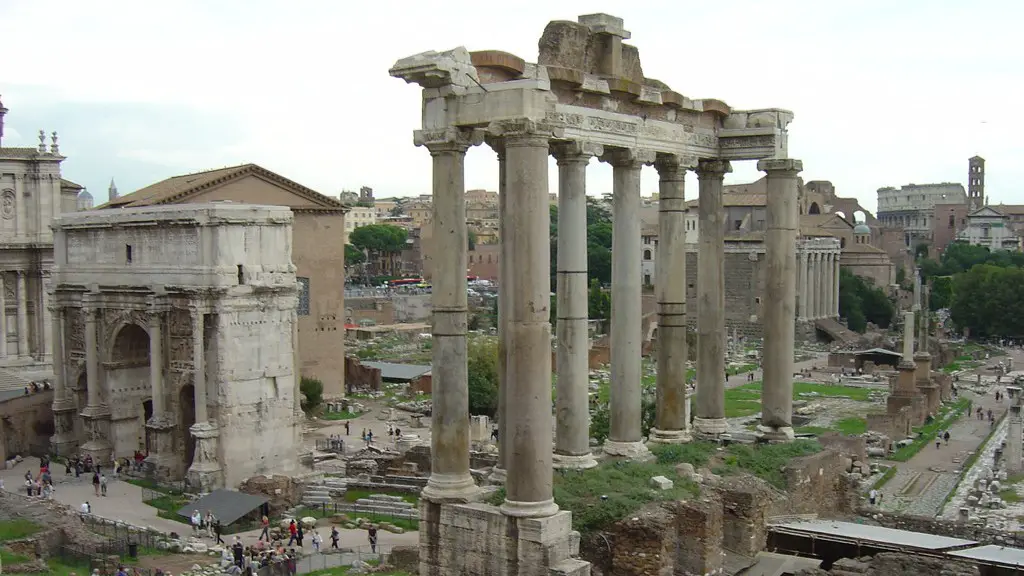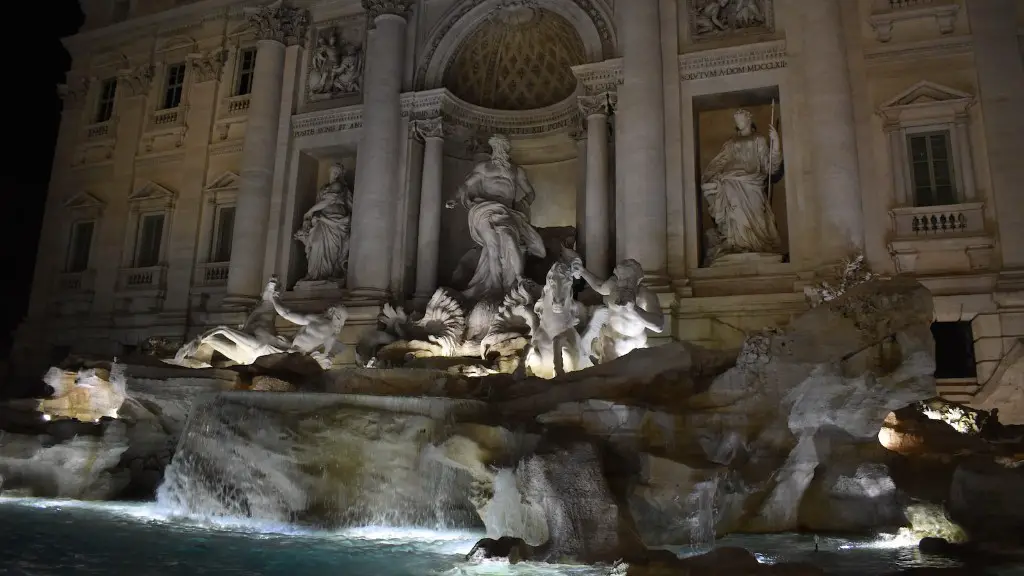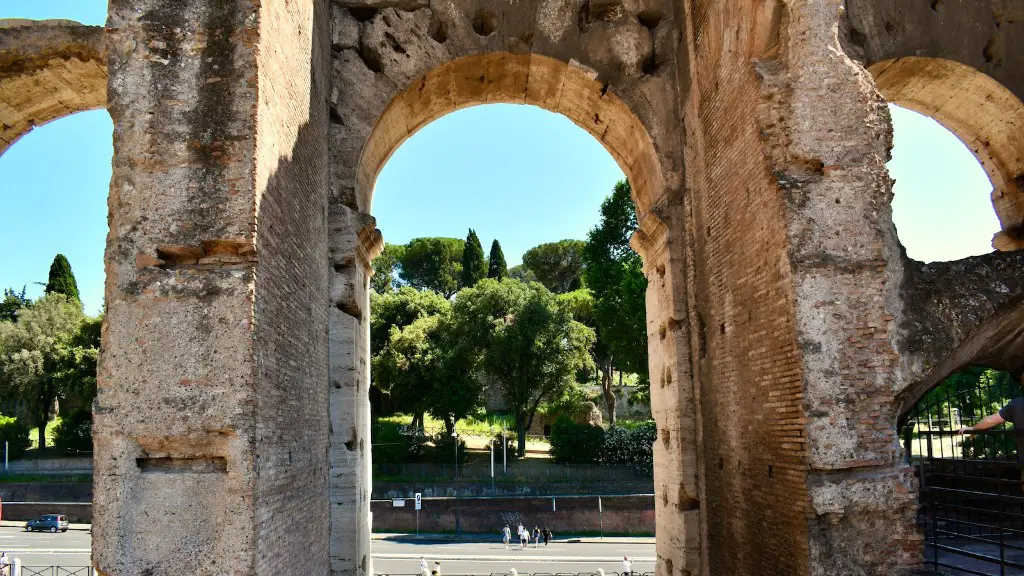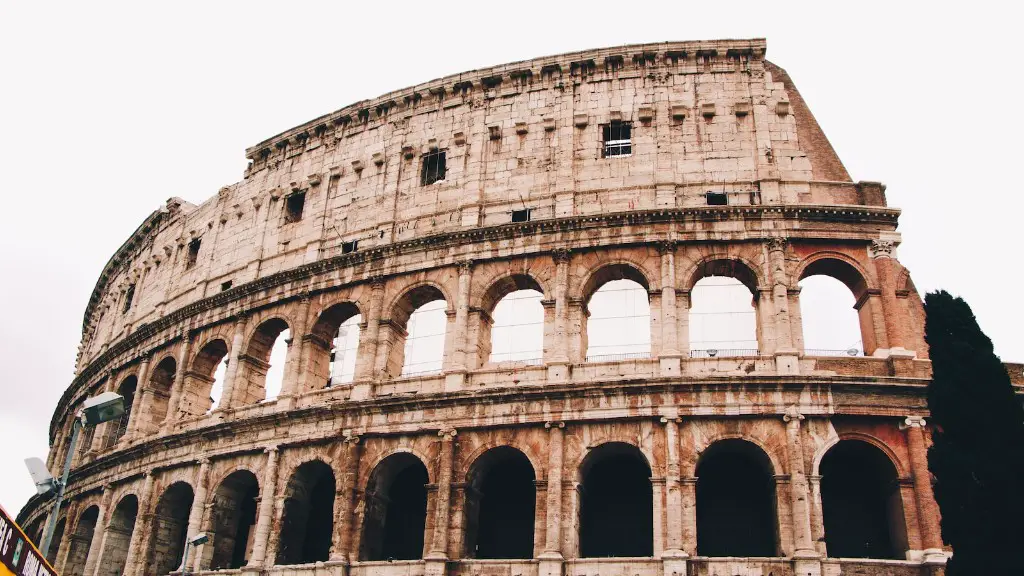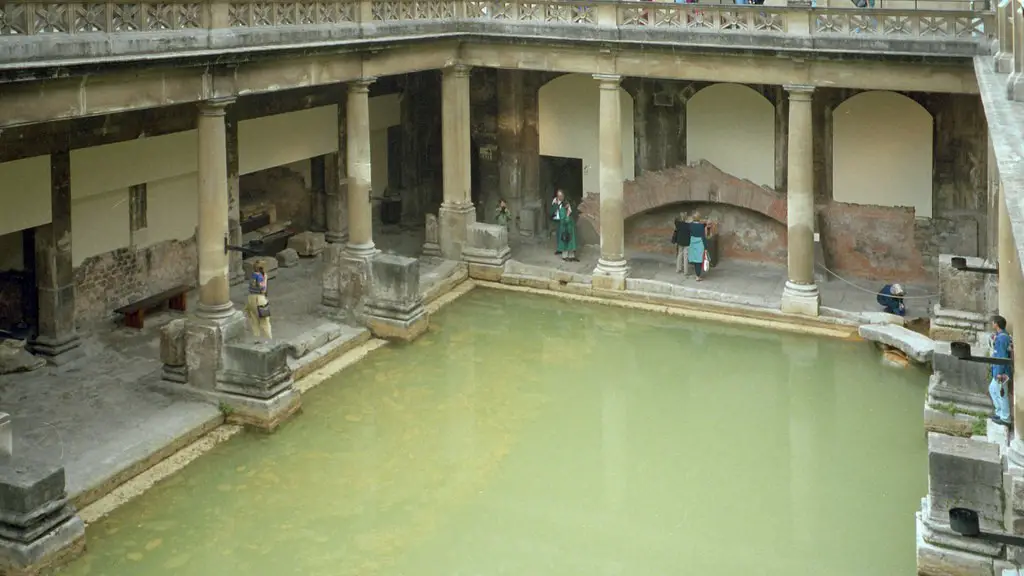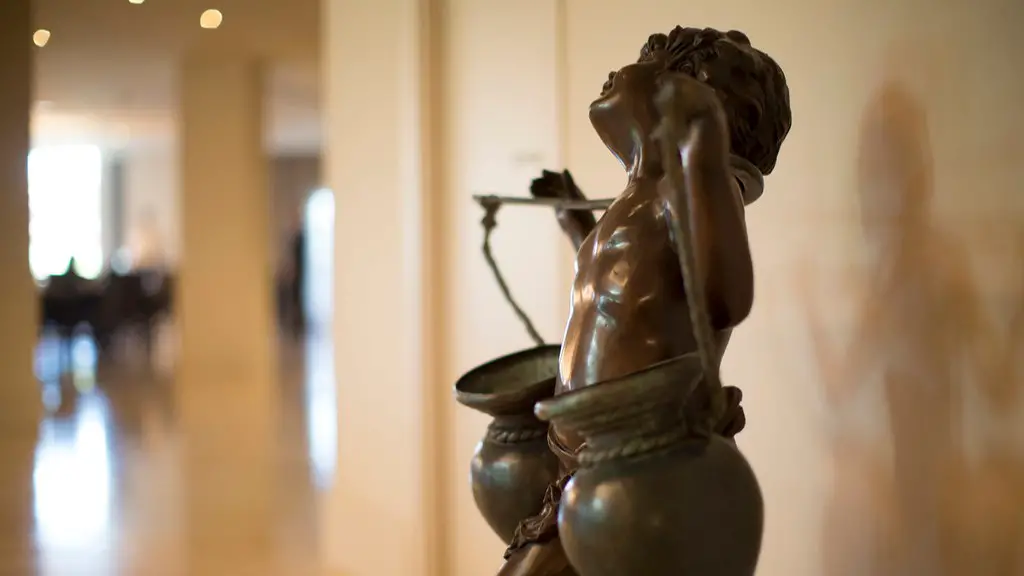In ancient Rome, life revolved around imposing and intricate laws and practices that highlighted the importance of the various jobs in the society. The idea of different classes and hierarchies in Roman civilization began by the founding of the city and these have affected subsequent Western civilization. The plebeians made up the majority of the population and the patricians followed closely. Roman society, especially during the Republican era, was heavily based on the organisation of occupations, which directly or indirectly contributed to knowledge, strength of manpower, furtherance of public justice, or sophistication.
The most common jobs in ancient Rome covered every sphere ranging from land-related, agricultural and public activities, to the education of future Roman generations, to military and war-making; all crucial elements of the empire’s continued success despite the era’s harsh lifestyle. Farming and soldiering were some of the oldest occupations, while those such as sculptors, painters, and writers had previously been only considered crafts but later became professions.
The agricultural and manual labour sector was basically composed of the wealthiest and most powerful landowners, who could afford to buy large tracts of land for their own use. In rural areas, these landowners oversaw production and farming. They also employed farmhands, who worked long hours in the fields, tending to crops and animals. In addition, herders, wine growers, and auxiliary labourers were employed to keep the livestock, tend to vineyards, and carry out other agricultural-related tasks.
The second most important sector was the craft and technical occupations. These ranged from carpentry and welding to the work of stonemasons, shoemakers, cup-fillers, and coppersmiths. Most of these craftsmen and artisans worked for wealthy clients or landlords, although some did establish a small workshop, hire a few apprentices, and sell their services and goods to the upper classes. Not only did this type of work provide entertainment for the wealthy, but it also contributed to the technological advancements of the Roman Empire.
The third and smallest sector consisted of the professional and financial occupations. This included the work of doctors, engineers, architects, and lawyers. Most of these jobs required advanced knowledge and education to be successful. Consequently, knowledge was seen as one of the most valuable gifts of the Roman Empire and the profession of teaching was highly respected. Scribes read and wrote important documents, while mathematicians studied the motion of the stars, surveyed distances, calculated taxes, and kept records.
The Roman army also formed an important part of the Roman economy. Soldiers were either hired with wages or sent out to enlist as citizens of the empire. Rome also maintained an impressive navy which provided supplies and protection for Roman ships and Allied merchant vessels. In addition, the Romans developed praetorian guards who were members of a professional militia and political bodyguards, who played a key role in defending military and political leaders from threats from within and outside the empire.
There was also a number of other jobs in ancient Rome such as cooks, musicians, actors, and storytellers that are also of great importance to the Roman Empire. These occupations ultimately provided entertainment and contributed to the growth and well-being of Rome during its later years. Without these jobs, the Roman Empire would not have been able to accomplish much of the socio-economic progress that it did.
Aristocracy
Aristocracy was another very important sector of the Roman economy. The ruling class, the Patricians, were the wealthiest and most powerful people in Rome. They were the senators, the owners of the most important industries and shops, the landowners, and the financiers. The ruling class had an immense amount of resources and power. They owned large estates, held multiple slaves, and had access to the best resources and luxuries in the empire.
Aristocracy was so important that they had their own governing body which was called the Senate. The Senate was made up of the noble patricians, also known as the ‘patres’, who wielded immense political power. They discussed and voted on important decisions and laws and were provided with a variety of legislative powers. The Senate worked closely with the Consuls and Magistrates to ensure the implementation of its decisions.
The other important part of the aristocracy sector were the Vestal Virgins, priests of the Roman religion, who were highly respected in the ancient Roman society. They were usually upper class women selected by Rome’s Pontifex Maximus. The main duty of the Vestal Virgins was to tend to the sacred fire in the Temple of Vesta and maintain the purity of its flame.
Civil Service
The Roman civil service consisted of a number of jobs involved in the running of the Roman Empire. Some of these jobs included governors, controlling magistrates, assessors and auditors, provincial governors, prefects, and quaestors. All of these officials had a specific role to play in the daily running of the empire and the development of public works.
The governors were responsible for keeping the peace, maintaining social order, and promoting justice. The assessing magistrates were responsible for drafting and collecting Roman taxes. The provincial governors managed the provinces and conducted regular audits of their provinces’ financial accounts. The prefects were responsible for administering public assistance, while the quaestors were mainly responsible for collecting taxes.
The rulers of the Roman Empire also had their own civil servant positions. These included secretaries of state, imperial advisors, confidants, ambassadors and emissaries, who managed the state’s legal, military, and diplomatic affairs. In addition, the imperial and state governments had their own officials who were responsible for organizing and managing public events, ceremonies, and festivals.
Entertainment
Entertainment was another important sector in the Roman economy. As the Roman Empire grew, the demand for entertainment grew as well. This included theatre, athletics, chariot races, and gladiatorial contests. Roman citizens were willing to pay good money to watch these events with their friends and families. The most popular entertainment events were the gladiatorial matches, where two contestants fought each other for their amusement. These gladiators were usually slaves who were trained for the entertainment of the Roman citizens. This industry was so popular that there were thousands of gladiators and their industry supplied the Roman economy with huge amounts of coins.
During the later periods of the Roman Empire, professional musicians, actors and storytellers also became popular. These men and women were hired to provide entertainment for the wealthy and upperclass citizens. They also played a role in the development of the Roman culture as they performed ancient plays, sang stories, and shared parts of Roman history with the public.
In addition, public baths and taverns became popular during the later periods of Roman rule. Public baths were used to cleanse the body and were also a place for relaxation and entertaining conversations. Taverns were another great way to relax and socialize with friends and other locals. Taverns also served food and drinks to their customers and were also used for gambling and to listen to stories and gossip.
Peasants
Peasants were the most common job present in ancient Rome. The peasantry constituted the majority of the Roman population and the main job of the peasants was to work in the fields of their landlords. Peasant life was an extremely difficult one due to the numerous laborious tasks they performed such as planting, tending to animals, and harvesting. Peasants also had to pay their landlords for the land they used.
Despite the hardships, peasants could still partake in a variety of leisure activities such as playing board games and attending religious festivals. This is why many families spent a large part of their free time at the festivals and celebrations held in honor of gods and goddesses throughout the year. In addition, peasants were accustomed to visiting the public baths to bathe and relax.
Despite their hard work and the difficult conditions, peasants were still able to earn a small amount of money to provide for themselves and their families. This made them incredibly important to the Roman economy as their labor supplied the empire withimportant goods and services.
Slaves
Slaves made up a significant portion of the population in ancient Rome. Slaves were either prisoners of war or individuals bought and sold in the Roman slave market. Slaves were usually used for manual labor and housework. They could be found in a variety of fields such as the mines, agricultural production, engineering, and construction to name a few. Slaves were also used for entertainment such as gladiatorial combat and theatres.
Slaves had no civil or political rights and did not have the same freedom as a Roman citizen. Slave owners had absolute control over slaves and treated them as property. Slaves had no legal protection and were subjected to immense abuse and exploitation.
Despite the harshness of their daily lives, there was a small chance for slaves to gain their freedom and become citizens. They could either purchase their own freedom or gain it as a reward. It was also possible to earn the emperor’s favor and be granted freedom. In addition, some slaves were given their freedom in the public arena due to the kindness of sponsors or patrons who took pity on them.
